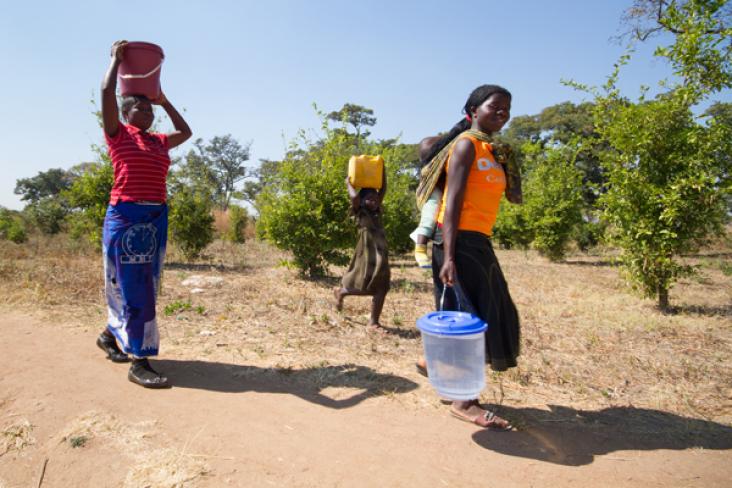
The expansion and operation of water supply systems under growing demands, hydrologic variability, and water scarcity requires strategic decisions on supply sources for reducing and improving relia
The primary objective of this study is to determine what drives states to plan for the impacts of a changing climate.
This paper discusses the CO2 footprint of California's drought during 2012–2014.
The sustainability of water resources depends on the dynamic interactions among the environmental, technological, and social characteristics of the water system and local population.
